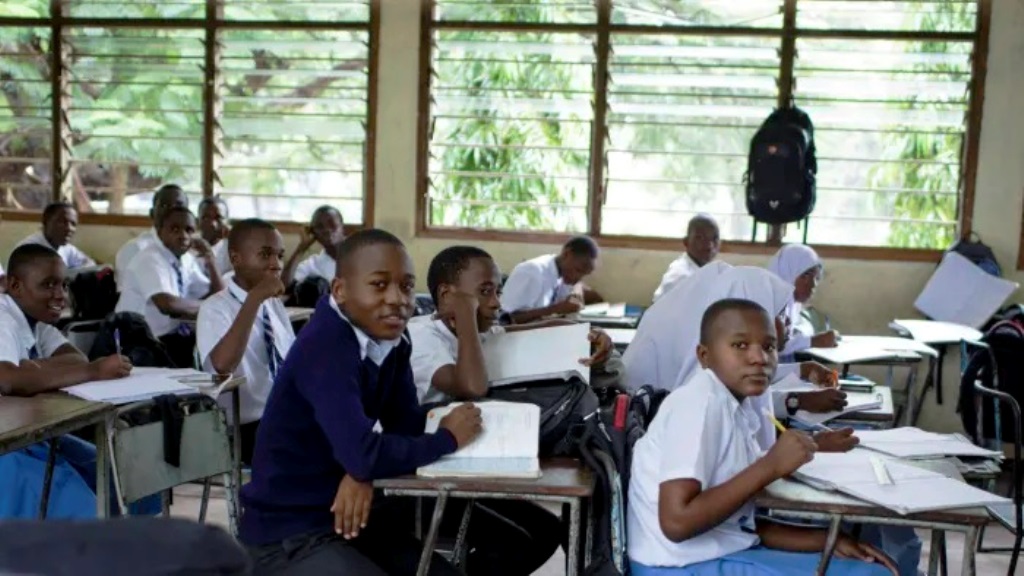AfricaPress-Tanzania: THE World Bank (WB) has approved 500 million US Dollars (about 1.15tr/-) loan to Tanzania to support the Secondary Education Quality Improvement Project (SEQUIP), as the government vows that the fund would be spent on the intended purpose.
The money is set to directly benefit about 6.5 million pupils of primary schools and students of secondary schools by strengthening government-run schools and establishing stronger educational pathways for students who leave the formal school system.
It complements the government’s efforts to improve the quality of education in the country, following the implementation of fee-free education from primary to form four, which has led to the increase of enrolment in primary schools from 8.3 million to 10.1 million, while for secondary schools, the enrolment has reached 4.4 million.
Deputy Minister in President’s Office, Regional Administration and Local Government (PORALG) Mr Mwita Waitara, thanked various players who were supporting the government when it was requesting the loan, saying they had a good intention towards improvement of quality of education.
According to him, the government was disappointed with those who were lobbying for the World Bank to suspend issuing the loan to Tanzania.
“It was unfortunate that some of our fellow Tanzanians were against the plans and initiatives taken by the government on bringing development. We stood firm for the national interest. As a result, the money has been approved and I can assure that the money will be spent on the targeted purpose,” he told the ‘Daily News’ in a telephone interview.
The project to be funded by the WB loan intends to support students who drop out to access recognized, quality Alternative Education Pathways as well as increasing the number and quality of secondary schools through construction of new schools closer to communities and ensure they are equipped with a minimum package of infrastructure, teachers, textbooks and learning materials.
It will also cater to roll out innovative digital technology to alleviate the learning crisis in core subjects and prepare students for further education and skills development.
He was of a view that, the government is intending to build a strong generation, and as a result it is throwing full weight to ensure every Tanzanian girl and boy acquires quality education and it will continue to do so.
Minister of Education, Science and Technology Prof Joyce Ndalichako, said recently in Dodoma that among other things, the money would be spent on to 26 boarding schools for girls that have capacity to carry 39,000 student and some 1,000 day schools.
Responding to the development, analysts have welcomed the latest decision by the WB, acknowledging efforts that have been made by the government on the matter, calling on Tanzanians from all walks to support the government’s initiatives to improve the education sector.
A senior lecturer of Economics at Mzumbe University, Dr Elinaza Mkuna, apart from commending the government on its efforts to ensure the loans come to the country, stressed on the importance of having a national dialogue on the education sector.
“Members of the public have a role to play in improving our education, therefore they shouldn’t be left behind in the process. So far a lot has been done by the government on improving infrastructure and learning environment in our schools,” he explained.
The scholar also called on the importance of strengthening the capacity of institutions overseeing quality of education in the country.
He was seconded by Mr Jerlum Kilumile, an assistant lecturer at Mzumbe University who hailed the government for maintaining its stand on the matter despite barriers placed by some political opposition politicians and activists.
“This project is for our country and it will benefit all of us, so there was no need for them to urge the WB to suspend it. They should have let the government do the job for the interest of our country,” he said.
For his part, a senior lecturer of political science at the Iringa based Ruaha Catholic University (RUCU), Prof Gaudence Mpangala, was optimistic that the government would deliver the expectations..







